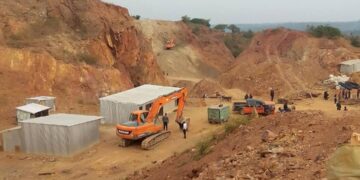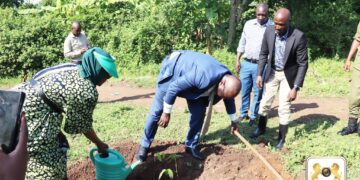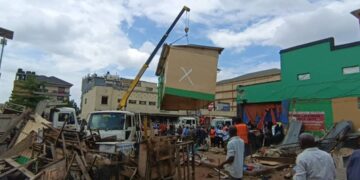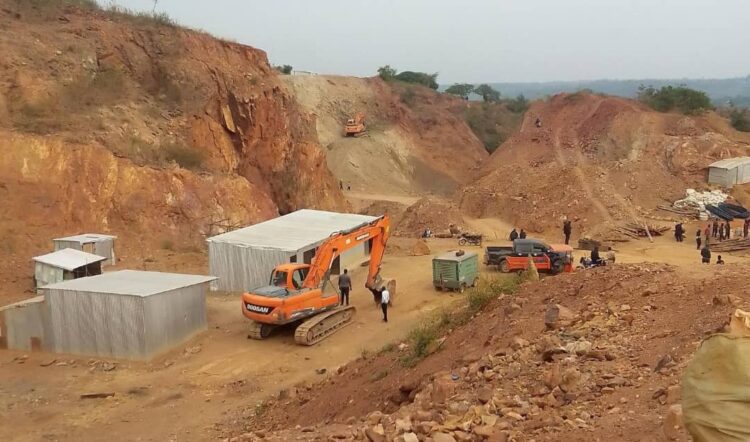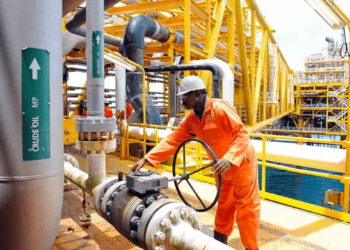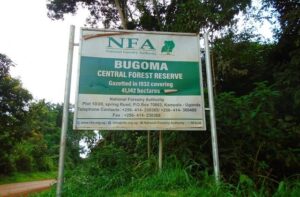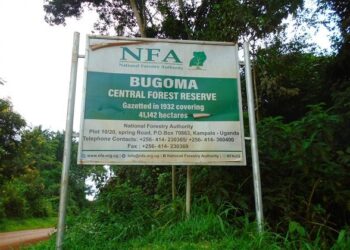OPINION
In June 2025, the media reported that the Ugandan President, Yoweri Kaguta Museveni, launched the Uganda National Mining Company (UNMC) during the state of the nation address and the key mining laws such as the Mining and Minerals Act were amended to ready the country for mining of critical raw minerals.
The UNMC company was launched at a time when there is immense global interest in critical minerals, which are deemed essential for the clean energy transition as well as militarization and digitalization efforts. Critical raw materials are minerals and metals that are essential for the clean energy technologies and transition to a more sustainable low carbon future.
According to the “Status of Domestication of the Africa Mining Vision in Uganda”, Uganda is endowed with over 50 different minerals such as lithium, nickel, cobalt, copper, graphite, rare earths among others which are crucial for clean energy technologies such as batteries, wind turbines, electric vehicles, and magnets among others needed to wean the world off fossil fuels such as coal, oil and gas to address climate change concerns.
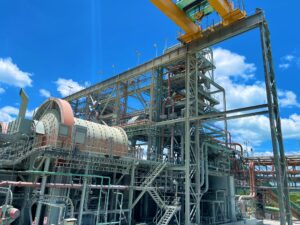 These minerals could help Uganda support the global clean energy transition and achieve the country’s sustainable goals. However, the country’s mining sector still faces challenges, including poor coordination between different government agencies, Limited resources in the regulatory bodies responsible for monitoring and managing mining activities, Weak legal framework because Uganda’s mining laws are not fully aligned with international standards. These gaps in the sector are slowing Uganda’s ability to maximize revenue collection while ensuring sustainable governance of its mineral resources.
These minerals could help Uganda support the global clean energy transition and achieve the country’s sustainable goals. However, the country’s mining sector still faces challenges, including poor coordination between different government agencies, Limited resources in the regulatory bodies responsible for monitoring and managing mining activities, Weak legal framework because Uganda’s mining laws are not fully aligned with international standards. These gaps in the sector are slowing Uganda’s ability to maximize revenue collection while ensuring sustainable governance of its mineral resources.
While these critical minerals have been deemed necessary to drive the clean energy transition and address the climate crisis, However, the process of mining and producing these minerals comes with serious problems such as human rights violation, environmental degradation and biodiversity conservation challenges among others. The extraction of minerals causes adverse effects on the environment and open up biodiverse protected areas that are key to addressing the climate crisis.
Note that there have also been many documented instances of environmental pollution caused by mining operations, which are often caused by clearance of vegetation for mines, use of chemicals in mining, poor waste management and others. For instance, lithium mining in Ghana has destroyed habitats, deprived communities and wildlife of fresh water, poisoned ecosystems and threatened species. Also Uganda’s copper mining (1956-1982) activities left a legacy of environmental damage, water pollution, soil contamination and others in Kasese district.

Therefore, as Uganda engages in efforts to strengthen mining for critical minerals in the country, it is imperative that the Ugandan government considers addressing challenges affecting the mining sector while encouraging participation in the critical minerals trade.
This can be done through enforcing strong environmental laws to protect people and nature. Government should ensure that Strategic Environment Assessments (SEAs) as well as Environmental and Social Impact Assessments (ESIAs) are undertaken for all mining projects to identify potential environmental impacts and develop environment as well as Social Management Plans to mitigate them.
Government should also build alliances with other African countries that are involved in mining for critical minerals to set up value addition centres and strengthen bargaining power to capture some of the world market. Without building alliances to pool capital and build collective bargaining power, African nations such as Uganda are unlike to retain adequate value from participation in the critical minerals trade.
By Olive Atuhaire,
The writer is a Ugandan Climate Activist
Email: atuhaireolivia72.ao@gmail.com
